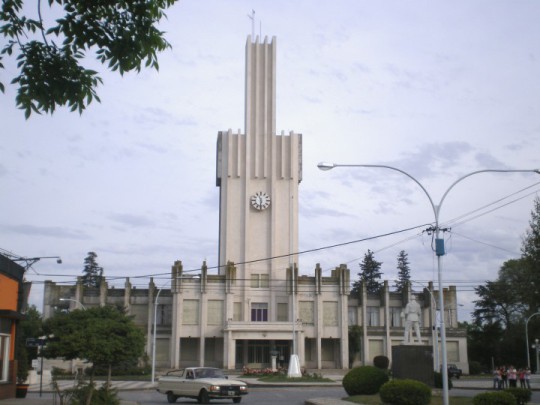In May, we welcome summer with long reading lists, ambitious writing projects, and travel plans. But as the temperatures rise, books get abandoned, and drafts get lost. Slowly we leave ourselves to mid-day slumbers, timeless symphonies of cicadas, and a yearning for the early evening breeze. Summer ennui establishes itself around this time, and makes us wonder, when is this heat and everything about it going to end? Our blog editors Sarah Booker, Chloe Lim, and Ilker Hepkaner are joined by our guest contributor William Booker as they introduce their favorite writing about summer’s idleness and slowness.
Manuel Puig (1932-1990) was an Argentine writer best known for his novel Beso de la mujer araña (Kiss of the Spider Woman, translated from the Spanish by Thomas Colchie) in which he showcases his ability to develop a complex narrative through conversation and his passion for film. Dwindling tropical evenings—sticky, never-ending, and buzzing with life and memories—are the setting in Puig’s final novel, Cae la noche tropica (Tropical Night Falling, translated from the Spanish by Suzanne Jill Levine), for the conversations held between two sisters in the twilight of their lives. Indeed, the novel begins with a recognition of the melancholic nature of this particular moment: “There’s such a sad feeling at this time of day, I wonder why?”


